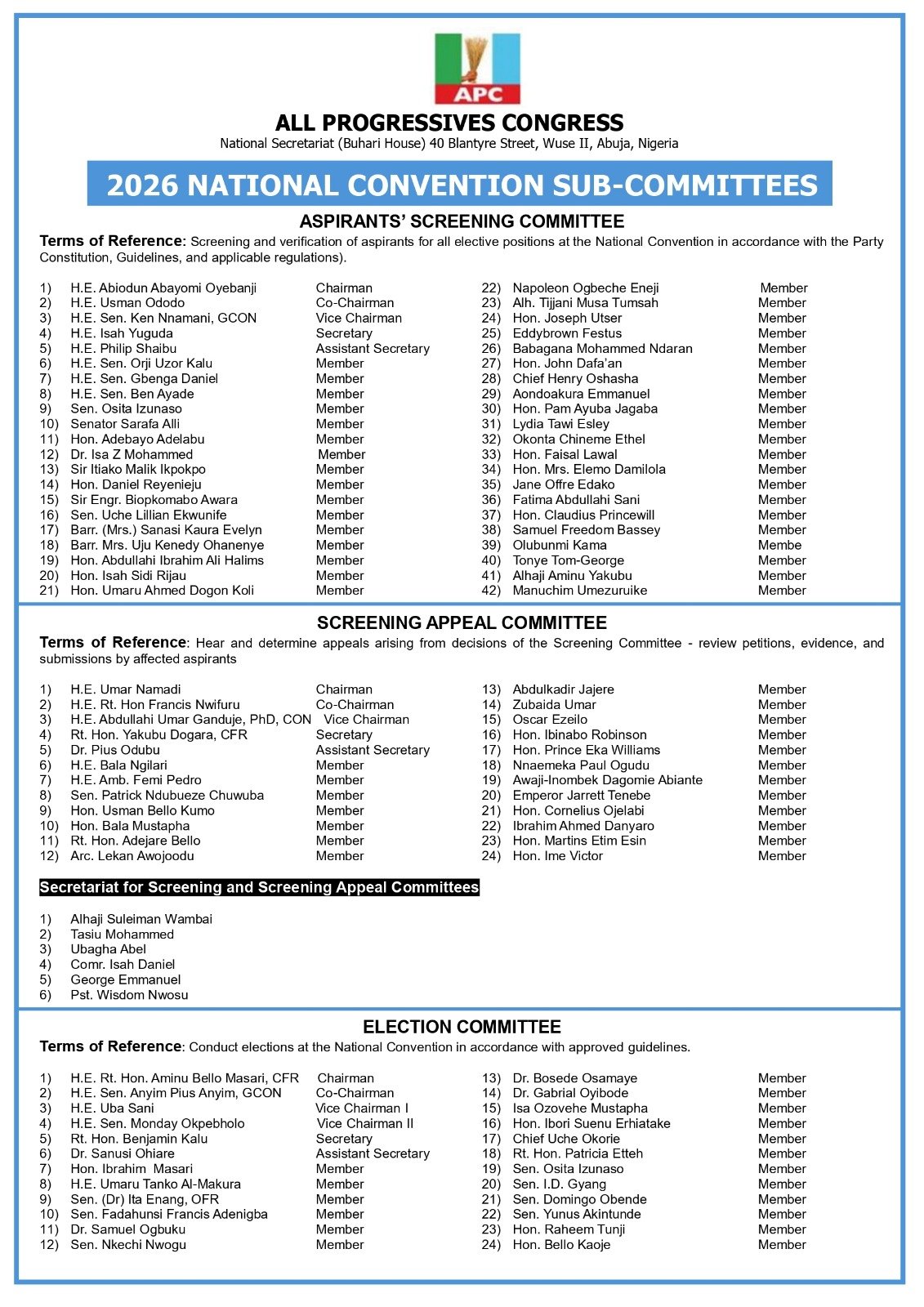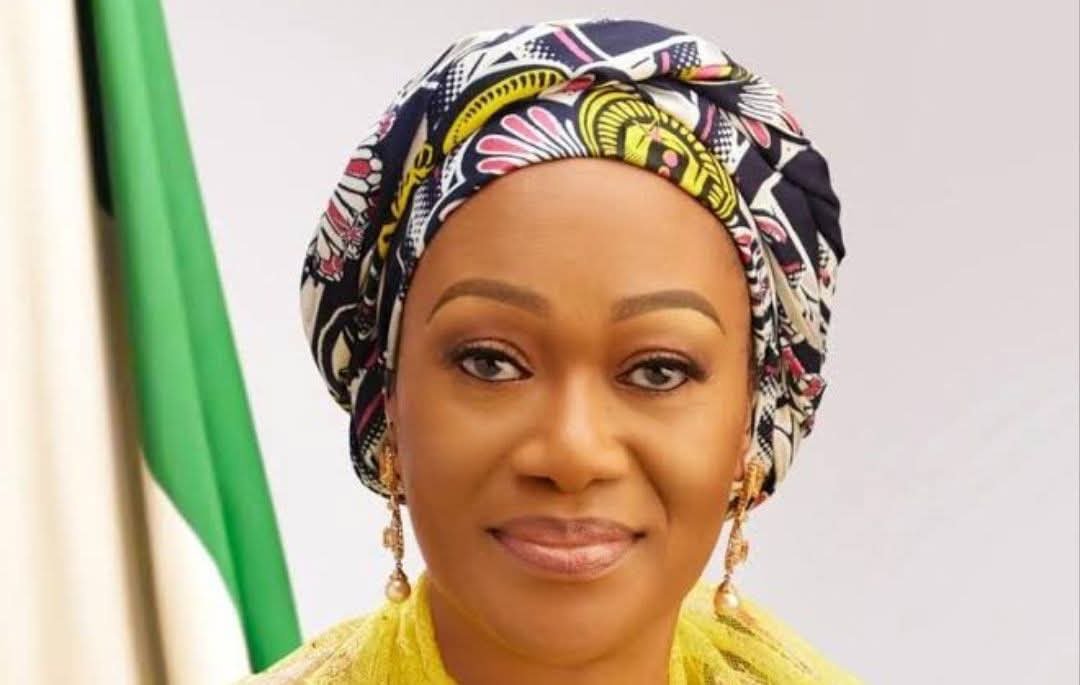
Two years after the exit of former President Muhammadu Buhari on May 29, 2023, the All Progressives Congress (APC) has defied predictions of collapse and emerged even stronger, consolidating its position as Nigeria’s leading political force.
Despite widespread claims by political commentators and social-media “prophets” that the ruling party would disintegrate after Buhari’s tenure, the APC now governs 26 out of Nigeria’s 36 states—representing 72 percent of the federation—and maintains clear majorities in both chambers of the National Assembly.
APC’s Expanding Influence
The party has achieved historic breakthroughs across regions once considered opposition strongholds:
- South-South: APC now leads in five of six states, the first time any ruling party has achieved such dominance since 1999.
- South-East: The party controls Imo, Ebonyi, and Enugu States, while maintaining cooperative relations with Abia (Labour Party) and Anambra (APGA).
- North-Central and North-West: APC continues to dominate both gubernatorial and legislative positions, maintaining grassroots support established since 2015.
PDP in Turmoil
In contrast, the once-dominant People’s Democratic Party (PDP) faces deep internal divisions, court battles, and leadership crises. Key figures are reportedly defecting or reevaluating their political futures, including Oyo State Governor Seyi Makinde, one of the PDP’s few high-performing governors.
Emerging parties such as the African Democratic Congress (ADC) and other “coalitions of the aggrieved” lack the structure and resources to pose a serious threat to the APC’s nationwide machinery ahead of the 2027 elections.
Buhari’s Endorsement Cemented Unity
A crucial turning point came when former President Buhari publicly endorsed President Bola Ahmed Tinubu’s administration shortly before his passing.
The endorsement stabilized northern support, unified party factions, and dispelled fears of a post-Buhari split. Analysts suggest Buhari’s backing gave Tinubu moral legitimacy and consolidated APC’s strength across all regions.
Ground Politics Over Online Noise
The article criticizes the gap between online political activism and actual grassroots politics, emphasizing that electoral success depends on structure, organization, and governance—not social media rhetoric.
While critics debated online, the APC focused on building local alliances, polling-unit structures, and legislative partnerships that now underpin its political dominance.
Why APC Endures
Three key factors underpin the APC’s resilience:
- Continuity of Leadership: Tinubu’s leadership merged Buhari’s loyal base with reformist technocrats.
- Governance Delivery: Progress in infrastructure, fiscal reforms, and social programs has boosted public confidence.
- Institutional Loyalty: The party’s strength now rests on solid structures rather than individual personalities.
The Verdict
From 2015 to 2025, the APC has survived leadership changes, internal disputes, and external criticism to become Nigeria’s most stable political organization of the Fourth Republic.
According to Otunba (Dr.) Abdulfalil Abayomi Odunowo, the APC’s survival underscores a broader truth: “Ideas survive personalities. The APC was not built around one man—it was built on the ideals of progressivism, federal balance, and reform.”
As Nigeria heads toward 2027, the APC remains, in his words, “alive, growing, and still the party to beat.”


